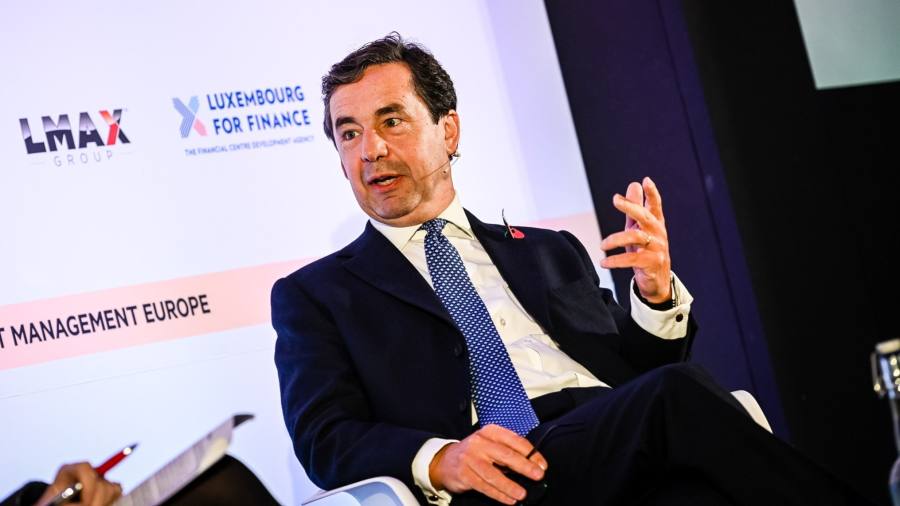
The crisis in the UK pensions market exposed the “conflict of interests” at investment consultants and they ought to be regulated, according to Schroders chief executive Peter Harrison.
“There are definitely some quite major conflicts in the industry, which still need addressing . . . in terms of being both the assessor of asset managers and the manager of assets themselves through their implementing orders,” Harrison, head of the FTSE 100 asset manager, told an FT conference on Wednesday.
Pension fund trustees use investment consultants, such as Willis Towers Watson, Mercer, Redington and Cardano, to advise them on investment strategy. Some of them also offer fiduciary management, which involves the delegation of some investment decisions by trustees to advisers, alongside providing investment advice.
Consultants played an active role in encouraging the UK’s £1.5tn defined benefit pension fund industry to adopt liability-driven investing strategies, which use derivatives to increase their exposure to gilts and hedge out exposure to moves in interest rates and inflation. These strategies were at the centre of the turmoil in government bonds following the Truss government’s disastrous “mini” Budget in late September.
While consultants have come under more scrutiny — including criticism in a 2018 report by the Competition and Markets Authority — Harrison told the Financial Times Future of Asset Management event that he “very much disagreed” with CMA’s decision to shy away from imposing tougher rules on consultants.
His words echo those of Financial Conduct Authority chief executive Nikhil Rathi, who suggested tougher rules for pension fund consultants would ensure greater focus on managing risks.
Speaking to the Treasury select committee on Monday, Rathi said: “Perhaps if their advisers had been more sensitive to dealing with levels of stress like this, some of that risk would have been managed more effectively.”
Schroders itself has a sizeable LDI business, although the industry remains dominated by the three biggest players: Legal & General, BlackRock and Insight Investment. “There’ll be a major reshaping of market share as a result of what’s gone on,” said Harrison.
He also warned that legal challenges by trustees might follow as a result of problems experienced by leveraged pooled LDI funds at the height of the crisis in the gilt market.
Pension funds stopped out of positions by their LDI providers because they could not meet their collateral calls are “going to be really upset and I think they will seek recourse”, he added.
He said that he was “concerned” about private debt markets, where a “covenant-lite approach” to financing was adopted, meaning fewer restrictions on the borrower and fewer protections for the lender. “A huge amount of assets flowed in a short period of time,” said Harrison. “It will be interesting to see what recovery rates look like and what leverage is hidden there.”
Harrison said: “There’s been a massive build-up of debt in the system, [and] how it’s owned is not entirely clear.”